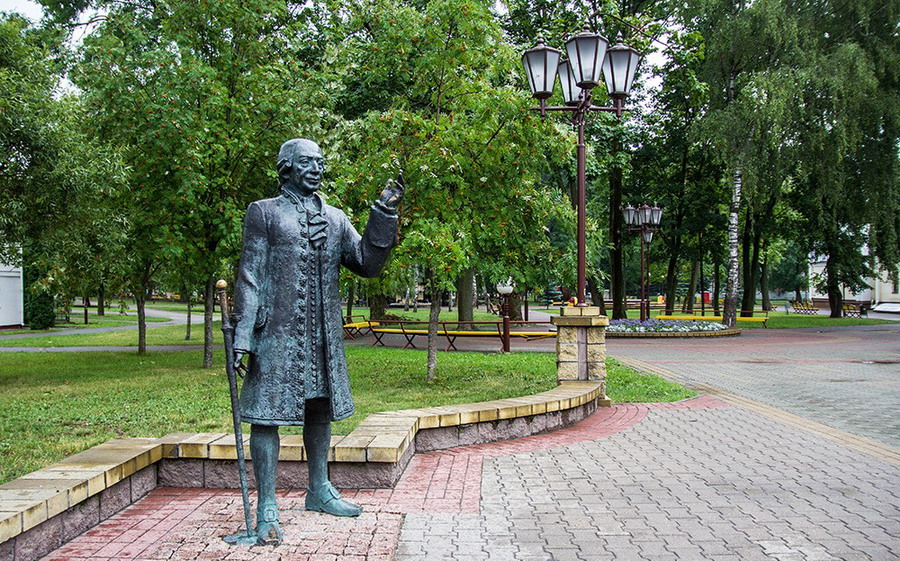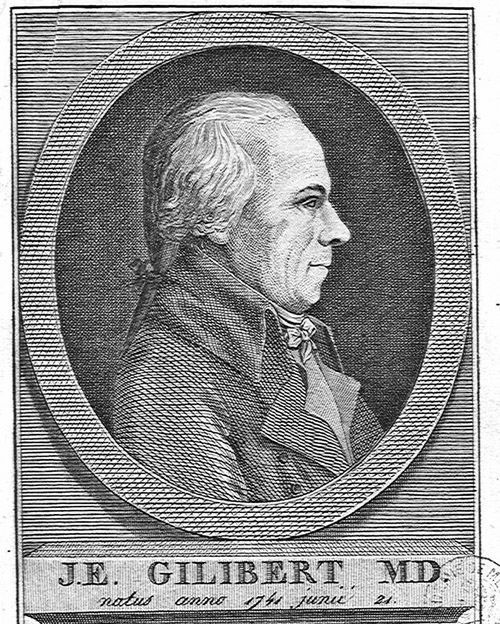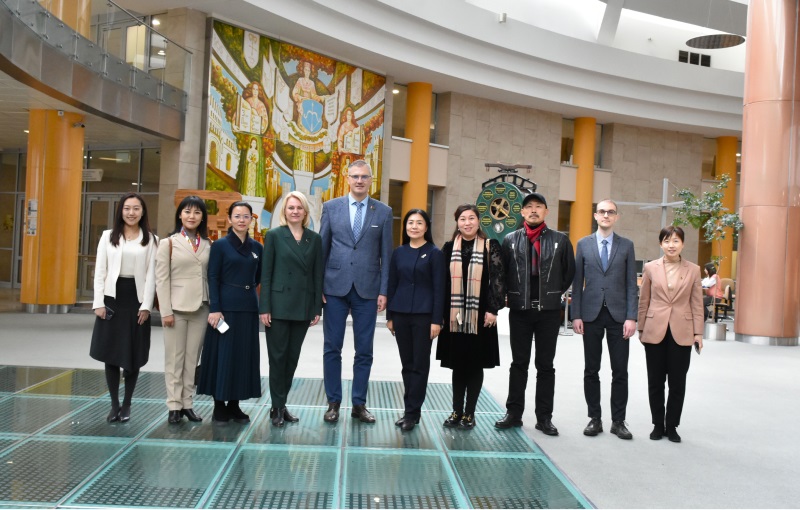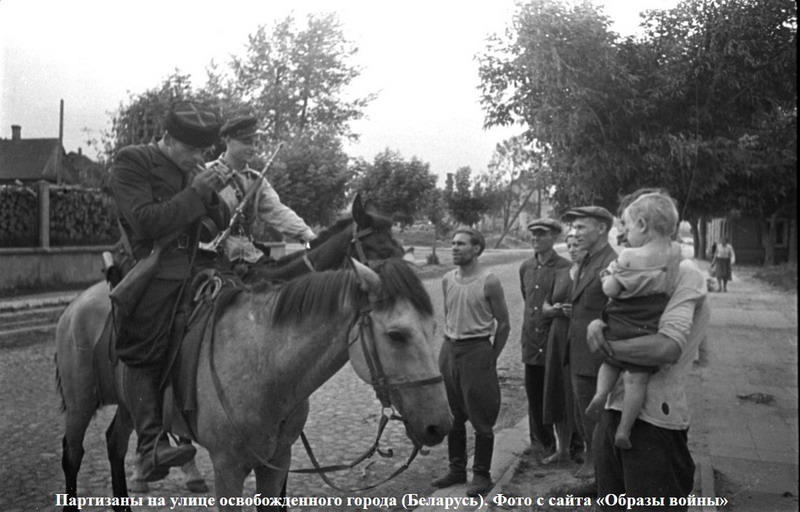June 21 marks the 280th anniversary of the birth of the famous French scientist-encyclopedist, doctor of medicine, professor Jean Emmanuel Gilibert (1741-1814), who is rightfully considered the founder of pharmaceutical sciences in Belarus. He created and for several years headed the first higher medical institution in the territory of modern Belarus – the Hrodna Medical Academy.
Jean Emmanuel Gilibert was born in the small French town of Caret near Lyon to a poor family of small landowners. From an early age, he was deeply interested in the wealth and beauty of nature. At the age of 12, he dreamed of devoting himself to the study of natural sciences. In 1760, Jean Emmanuel entered the medical faculty of one of the oldest universities in Montpellier in the south of France. Here in 1763 he successfully defended his thesis "On the essence of medicine", obtained the degree of the Doctor of Medicine. After working for two years as a physician in the vicinity of Lyon, he became professor of anatomy, surgery and natural sciences at the Lyon College of Medicine in 1768. At this time, Gilibert traveled a lot in France, met with famous botanists, studied the flora, collected herbaria, wrote a number of treatises, as well as articles on medicine and science for the famous "Cyclopædia: or, An Universal Dictionary of Arts and Sciences" (1751-1780)... Gilibert's work "Therapeutic Anarchy" (1772) became widely known; here he abandoned outdated methods of treatment and called for drastic changes in the training of doctors.
In 1775, at the invitation of the famous political and public figure of the Grand Duchy of Lithuania Antoni Tyzenhaus, Jean Emmanuel Gilibert arrived in Hrodna and, having lived here for seven years, did a lot for the city. It was he who opened the first higher medical educational institution in Belarus – the Medical Academy (1775). In addition, Gilibert took part in the creation of the hospital and obstetric school, introduced some innovations in the work of the pharmacy. At the academy, the scientist taught the basics of medicine, surgery, veterinary medicine, mineralogy, zoology and botany, conducted practical classes in pharmacology and research of medicinal plants, organized expeditions around Hrodna, Lida, Navahrudak, Niasvizh, during which he collected various plants, compiled a herbarium, replenished zoological and mineralogical collections. The collected material became the basis for the preparation of his 5-volume work "Flora of Lithuania" (1781-1782).

At the same time, Gilibert was actively involved in the creation of a botanical garden, which received the honorary title of "Royal". In terms of diversity, rarity and number of species, the Hrodna Botanical Garden was not inferior to the best European gardens. In 1778, 2,000 plant species grew here. More than 500 local plants had a practical purpose: they were used to make various medicines for the hospital and the pharmacy that worked at the academy.
In 1781, Gilibert left the city on the Nioman and, together with his students, moved to Vilnia. Here the scientist headed the Department of Natural History and Botany at the Medical Faculty of Vilnia University, where he taught botany, zoology, medicine and mineralogy. In 1783, Gilibert returned to Lyon. He was a professor of natural science at the Institute of Sciences and Applied Arts, headed the Society of Physicians and Health, founded the Botanical Gardens of Lyon, was the mayor of the city, participated in the revolution of 1789-1794. After the defeat of the revolution, he retired from political activity, took up science. One of the plants is named after him.
Jean Emmanuel Gilibert left a significant mark in the history of Belarusian science and medicine. The Medical Academy, created and raised by the scientist to the international level, became the first educational institution in Rzeczpospolita that trained doctors. Gilibert floristic research, his scientific works and the preserved herbarium are valuable sources of knowledge about the flora of Belarus 200 years ago.
The city park in Hrodna bears the name of Jean Emmanuel Gilibert. A monument to the French scientist (sculptor Uladzimir Pantsialejev) is erected at its entrance.
Information about the life and work of Jean Emmanuel Gilibert is presented in the electronic catalogue of the National Library of Belarus, the online encyclopaedia "Belarus in Persons and Events", the information resource of the Ja. F. Karski Hrodna Regional Scientific Library "Legends of Hrodna Region: a gallery of persons".
Bibliology Research Department










